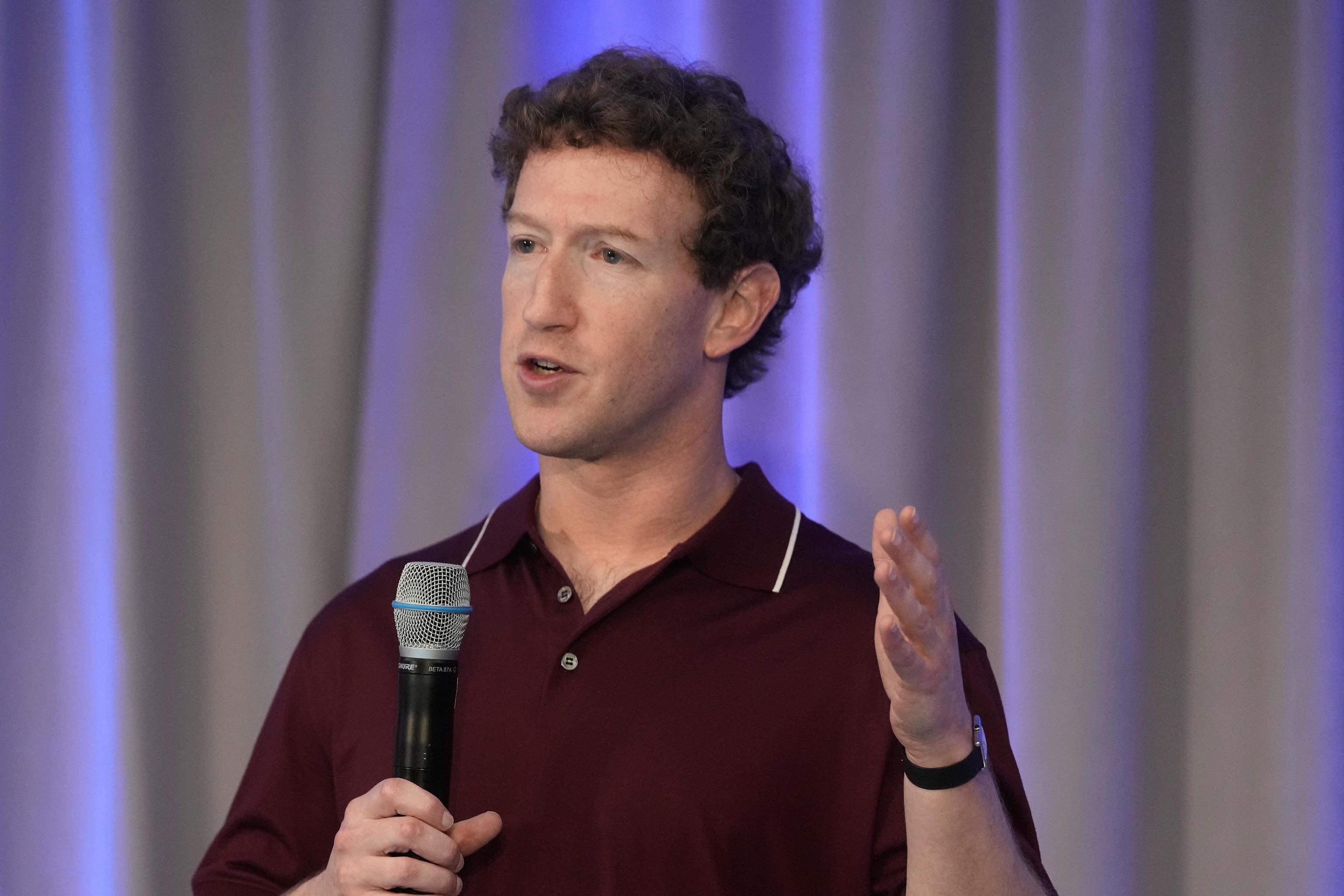In 2024, up to 10% of META's revenue, the giant that includes Facebook, Instagram, and Whatsapp, came from fraudulent ads, scams, and prohibited products. This is indicated by internal company documents accessed by Reuters. The social media king internally estimated that its users are exposed to over 15 billion "high-risk" fraudulent ads each day. Even when suspecting that some of them were irregular, but not 100% sure, Meta simply charged extra to place their ads on their platforms.
Mark Zuckerberg's company was fully aware of the extent of the problem, but the response measures were scarce, if not complicit in avoiding "harming their commercial interests." The company had the resources to do much more. It published reports, created teams, and prepared different strategies, but the decision to cut back, reduce, or minimize content moderation teams led to the majority of user reports of abuse and deception not being processed.
An internal presentation from May 2025, conducted by its security team, estimated that the company's platforms were involved in a third of all successful scams in the United States, acknowledging that some of its main rivals were much more efficient in eradicating fraud on their platforms. "It is easier to advertise scams on Meta's platforms than on Google," concluded an internal Meta review conducted in April 2025 on forums where scammers discuss their activities.
Some of the documents show Meta committing to intensify its efforts. "We have big goals to reduce advertising scams in 2025," reads a 2024 document, with the aim of eliminating up to 50% of the total in certain markets. In other documents, executives congratulate their employees on achievements in reducing scams, praising internal alert systems. However, the company only completely banned advertisers if their automated systems were 95% certain of the likelihood of fraud. If the algorithms showed less certainty but Meta still suspected the advertiser could be a scammer, they simply applied higher advertising fees as a penalty, according to the documents, to see if hiring their services would no longer be a profitable option.
The detailed information from Reuters explains that Meta earned $16 billion from these fraudulent or illegal ads, and in its internal risk and damage assessment reports, it recognized "the importance of the high fines that would likely be imposed for not stopping behavior on its platforms," and therefore the company "prioritized law enforcement in regions where sanctions would be more severe," as summarized by the American agency. Crunching the numbers, executives concluded that the cost of lost revenue from suppressing illegal content was comparable to potential fines from regulators.
The details of Meta's confidential self-assessment come from documents created between 2021 and this year in the company's finance, lobbying, engineering, and security divisions. In a statement, Meta spokesperson Andy Stone told the news agency that the documents consulted by Reuters "present a selective view that distorts Meta's approach to fraud and scams." The company's internal estimate, which predicted that 10.1% of its 2024 revenue would come from scams and other prohibited ads, was "approximate and overly optimistic," Stone stated. Subsequently, the company determined that the actual figure was lower, as the estimate also included "many" legitimate ads, he added, without providing an updated figure.
A significant portion of the fraud came from advertisers who acted suspiciously, triggering Meta's internal alert systems. If the company has less certainty (than the 95% indicated in the documents) but still believes the advertiser is a potential scammer, Meta applies higher advertising fees as a penalty, according to the same documents. The goal is to deter suspicious advertisers from publishing ads.
In June of this year, New York Attorney General Letitia James, whom former President Donald Trump is trying to prosecute to force her dismissal, led an initiative of 42 attorneys general to demand that Meta protect users from fraudulent ads, specifically investment ones, appearing on Facebook. In recent months, Facebook or Instagram have been filled with AI-generated ads impersonating prominent figures like Warren Buffett, Elon Musk, or financial journalist Andrew Ross Sorkin (or veteran hosts of financial programs in Spain, such as those on Capital Radio), promising high investment returns to viewers. These ads lure users into scams or pyramid schemes with hundreds of millions of dollars in losses. In their letter to Meta, Attorney General James and the coalition highlight the dangers of these ads and urge Meta to improve its review process before publishing them on its platforms. If Meta cannot effectively curb these harmful scams, the attorneys general said the company should stop publishing investment ads altogether.
"Scammers are using Facebook ads to deceive New Yorkers and people across the country, making them believe they are investing in fraudulent schemes. Thousands of Facebook users have lost hundreds of millions of dollars due to these scams, and Meta must step up its efforts to prevent these fraudulent ads from being published on its platforms," warned the attorney general.
"The assessments were conducted to validate our planned investments in integrity, including combating fraud and scams, which we achieved," stated spokesperson Stone. "We firmly combat fraud and scams because users of our platforms do not want this content, legitimate advertisers do not want it, and neither do we." In the past 18 months, we have reduced user reports of fraudulent ads globally by 58%, and so far in 2025, we have removed over 134 million fraudulent ads," Stone concluded.
